From a post-war economy with many difficulties, Vietnam has risen to become one of the most dynamically growing countries in the region, gradually realizing its aspirations of industrialization, modernization and deep integration into the global economic flow.
During that development journey, the support of international partners, including the Japan International Cooperation Agency (JICA), has contributed significantly to outstanding achievements in infrastructure, education , healthcare, institutional reform and improving the quality of human resources.
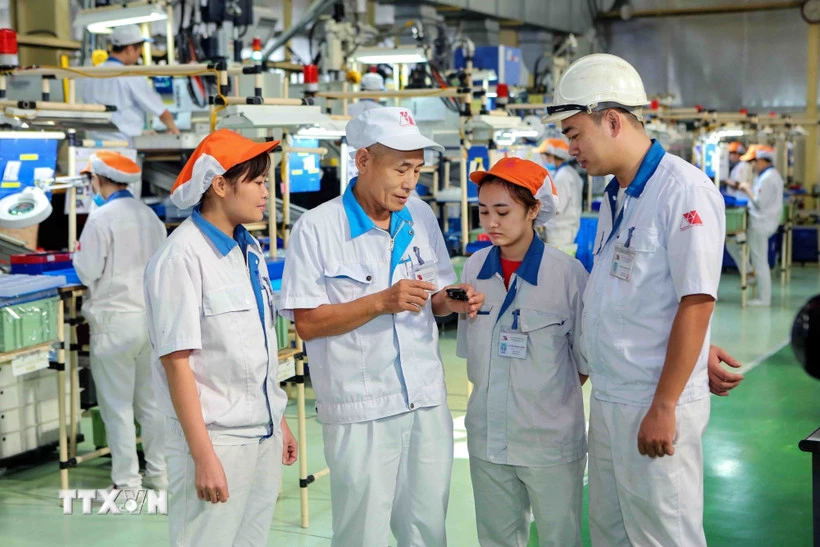 |
| Japanese experts discuss work with Vietnamese workers at Yokoi Muold Vietnam Co., Ltd. (Japanese investment) in Dinh Tram Industrial Park. (Photo: Thanh Dat/VNA) |
On this occasion, Vietnam News Agency reporters had an interview with Mr. Kobayashi Yosuke - Chief Representative of JICA Office in Vietnam, to look back at the typical cooperation milestones and share the cooperation orientation in the coming time.
- Sir, from the perspective of an international cooperation organization that has been working with Vietnam for many years, how do you evaluate the economic changes that have helped Vietnam become a dynamic middle-income economy in the region?
Mr. Kobayashi Yosuke: Vietnam's socio-economic transformation in recent years has been truly impressive. Since the early 2000s, Vietnam's per capita income has quadrupled, from about $1,000 in 2008 to more than $4,100 in 2023. This has been accompanied by significant progress in education and health care : the proportion of people with a university degree increased from 20% to 45% and health insurance coverage increased from 57% to 93%.
These achievements reflect Vietnam’s strong commitment to comprehensive development, strategic reform and international integration. A dynamic private sector, strong infrastructure investment and expanding global partnerships have transformed Vietnam into a dynamic middle-income economy in the region. JICA is honored to support Vietnam throughout this journey, putting people at the center of development, promoting human security and quality growth.
- During its journey with Vietnam, JICA has implemented many bilateral development cooperation programs in areas such as infrastructure, education, healthcare, human resource training and administrative reform. Which milestones do you consider the most outstanding?
Mr. Kobayashi Yosuke: JICA's cooperation with Vietnam has a long history, but I would like to focus on the period after Japan resumed official development assistance (ODA) in 1992.
After Japan resumed its official development assistance (ODA) in 1992, one of the first and most representative cooperation projects was the Ishikawa Project - a joint research project between the two countries from 1995 to 2021. The project supported the formulation of the Sixth Five-Year Development Plan (1996-2000), contributing to policy orientation in the early stages of Vietnam's economic transition during the Doi Moi period.
We also implement a long-term legal and judicial cooperation program, initiated by the late Professor Akio Morishima. These projects have helped Vietnam lay the foundation for international integration and build a legal system - two of the four important pillars in the reform strategy, aiming to make Vietnam a high-income country by 2045.
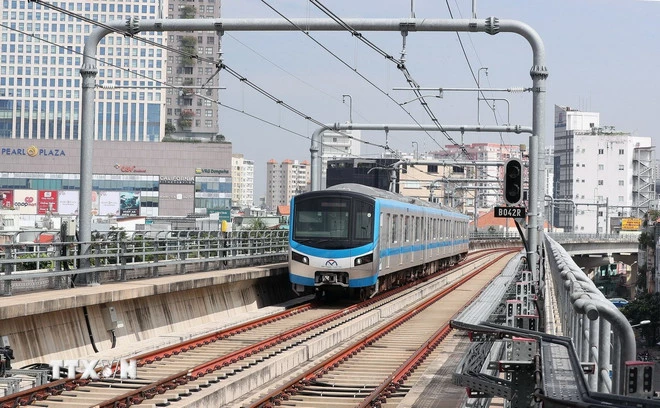 |
| Train running on the Ben Thanh-Suoi Tien metro line. (Photo: Quoc Khanh/VNA) |
Regarding infrastructure development, JICA has supported many strategic projects, such as roads, bridges, seaports, airports, power plants, wastewater treatment plants, etc. Among them, there are some iconic projects in recent years such as Ho Chi Minh City Metro Line 1 - the first underground urban railway line in Vietnam. This is a symbol of cooperation, application of Japanese technology and experience.
We are also supporting the preparation of Hanoi Metro Line 2 (Nam Thang Long-Tran Hung Dao), aiming to expand these 2 lines, to connect Ho Chi Minh City with Binh Duong and Nam Thang Long, Hanoi with Noi Bai Airport.
In addition, we focus on supporting education, healthcare and improving the quality of human resources, contributing to realizing the common development goals of the two governments.
- What areas is JICA currently prioritizing to support Vietnam? And how are these priorities oriented to align with Vietnam's national development goals, especially in the post-COVID-19 pandemic and green transition context?
Mr. Kobayashi Yosuke: JICA's current priorities are closely aligned with Vietnam's four reform pillars, including science and technology, international integration, private sector development, and law-making, with the goal of Vietnam becoming a high-income country by 2045.
In the field of science, technology and innovation, the new bachelor's program of Vietnam-Japan University will contribute to training 50,000 Vietnamese experts by 2030. We also promote joint research projects with Vietnamese universities, cooperate with the National Innovation Center and Hanoi University of Science and Technology to support startups and research on artificial intelligence (AI).
In addition, JICA also cooperates with many universities and research institutes to develop climate change response technology, implementing projects such as the Sabo Dam (flash flood prevention dam) to prevent landslides.
In terms of private sector development, we focus on supporting improved access to finance and human resource development.
In this area, we have recently signed a new loan agreement with Vietnam Prosperity Bank (VPBank) to improve access to finance for women-owned micro, small and medium enterprises; and launched the “Keieijuku” entrepreneurship training program in cooperation with the Vietnam-Japan Human Resources Development Institute of the Foreign Trade University.
The program has trained more than 800 leaders and managers at Vietnamese enterprises in management skills based on Japanese experience, creating opportunities for businesses to grow stronger in the global market.
In the legal field, in addition to cooperating to support legal and judicial reform, we have coordinated with the Central Organizing Committee and the Ho Chi Minh National Academy of Politics to train leaders at all levels.
These initiatives support Vietnam’s reform pillars – science and technology, international integration, private sector development and rule of law, while promoting green and inclusive growth.
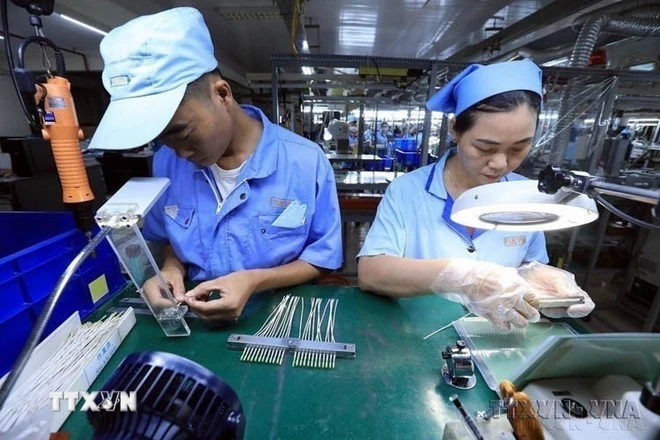 |
| Production and processing of temperature measurement components by Sankoh Vietnam Co., Ltd. (100% Japanese capital) at the Bo Trai Song Da Industrial Park, Hoa Binh province. (Photo: Tuan Anh/VNA) |
- What challenges does JICA face in implementing cooperation projects in Vietnam? From JICA's perspective, what aspects of institutions, policies or implementation capacity does Vietnam need to adjust or improve to enhance cooperation effectiveness?
Mr. Kobayashi Yosuke: Although the cooperation between the two countries has achieved many results, there are still many challenges in the process of project construction and implementation. The first major challenge is the prevention and settlement of disputes during and after the implementation phase of large infrastructure projects. The settlement of disputes between investors and contractors is often very slow and costly. Dispute prevention through better project management based on legal documents and the application of more effective dispute settlement mechanisms is essential.
The second major challenge is the administrative delays that slow down the start-up and implementation process. While it is understandable to stick to the original project design, it would be better for both parties if we had more room to adjust to the ever-changing circumstances surrounding the project.
The Vietnamese Government is considering improving relevant regulations and we are ready to continue discussions so that ODA funds are used most effectively.
- Vietnam is strongly promoting institutional and administrative reform. As a partner with extensive experience in public administration reform and national governance capacity building, what recommendations does JICA have for Vietnam?
Mr. Kobayashi Yosuke: We welcome Vietnam's institutional and administrative reforms and are ready to continue to support these reforms. Japan has a two-tier local government system like Vietnam today and has also undergone major administrative reforms, including reducing the number of administrative units from 3,232 in 1999 to 1,724 in 2025, while promoting decentralization to local governments.
Although Japan has been generally successful in carrying out administrative reform, the unique features of the Japanese model have been and will continue to be reviewed and restructured according to the surrounding situation, such as when population trends and financial situations change. Vietnam will have to face some of Japan's current challenges in the future. I recommend that Vietnam learn not only from Japan's current model but also from the trial and error process that Japan has gone through and will go through in the coming years.
Thank you, sir.
According to VNA/Vietnam+
Source: https://baoquangtri.vn/kinh-te/202508/viet-nam-tro-thanh-mot-trong-nhung-nuoc-tang-truong-nang-dong-nhat-khu-vuc-7951469/


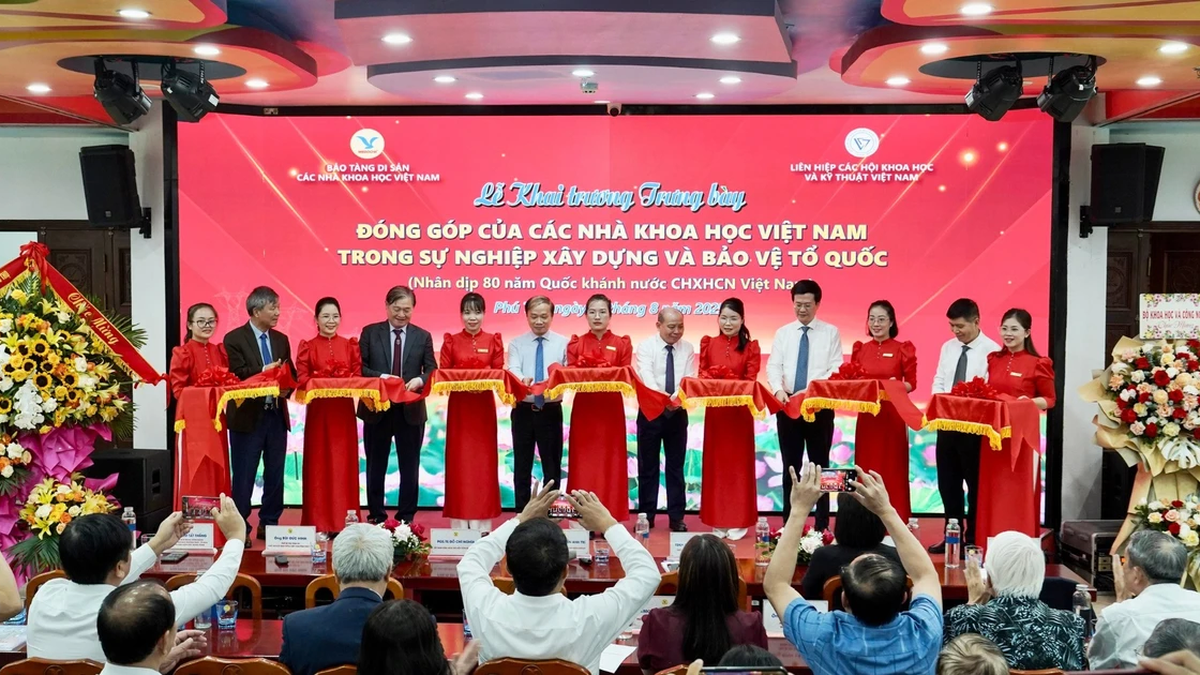

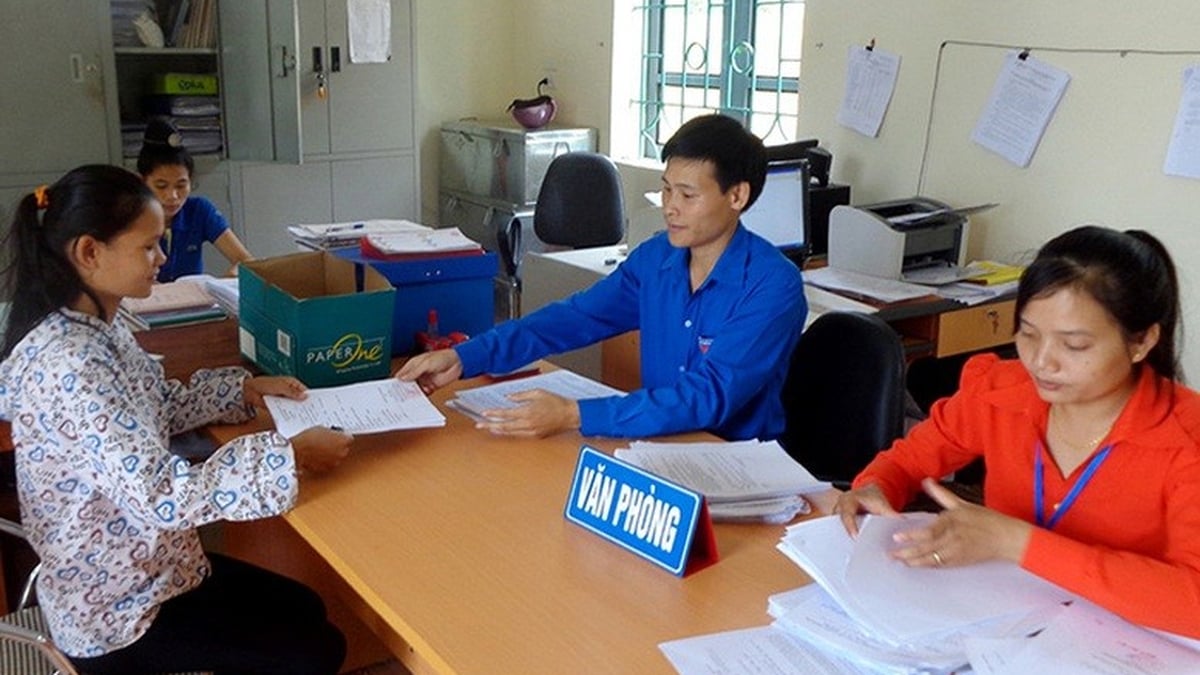

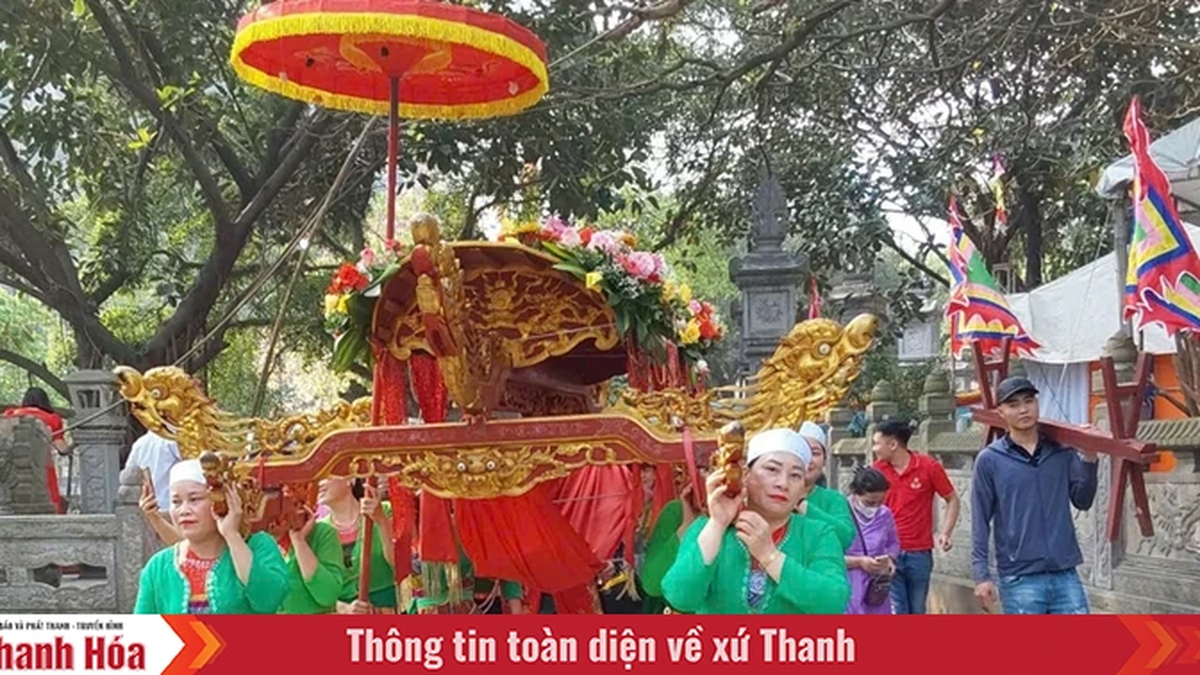


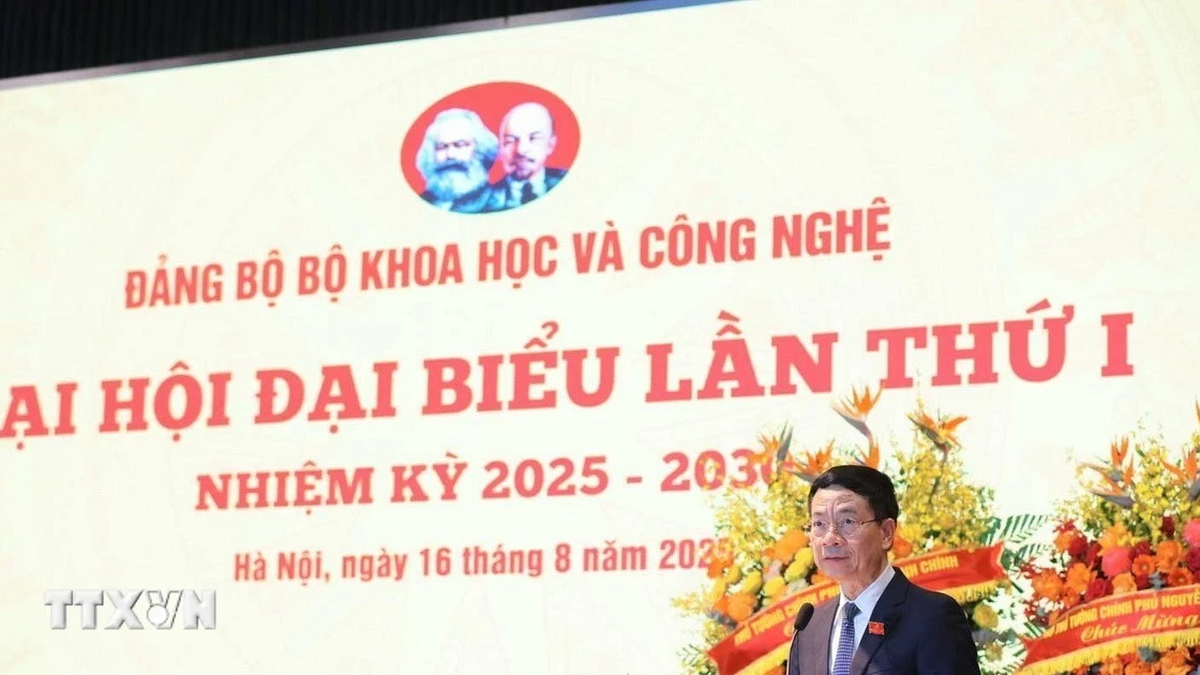

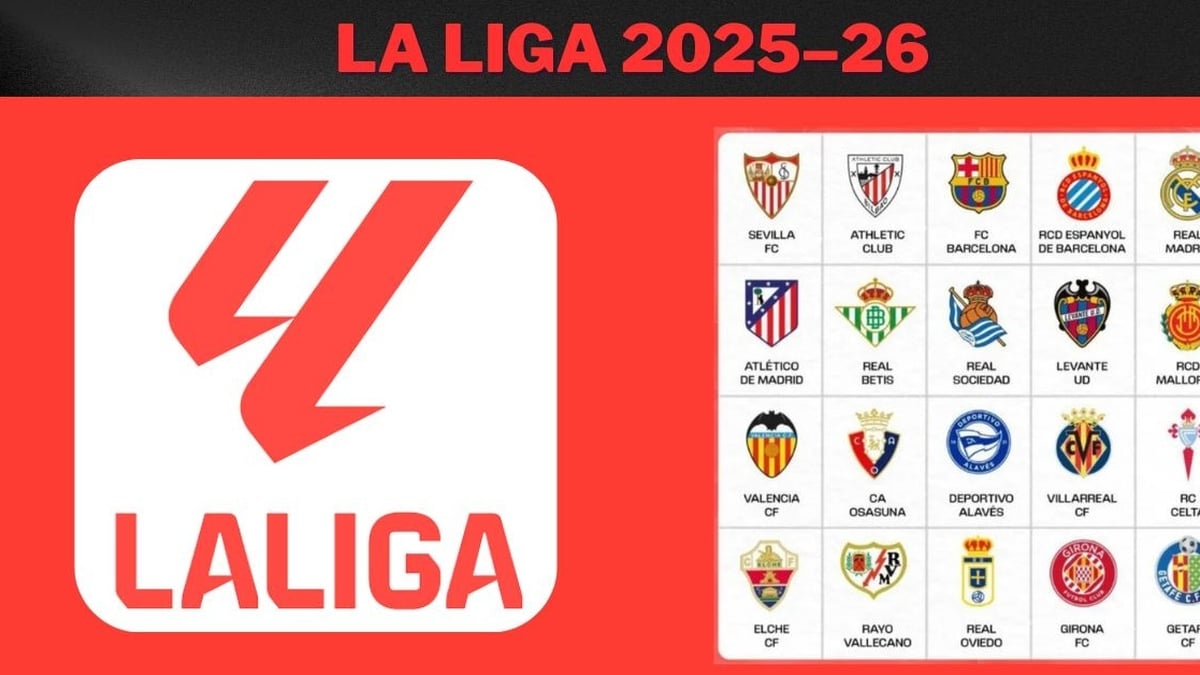











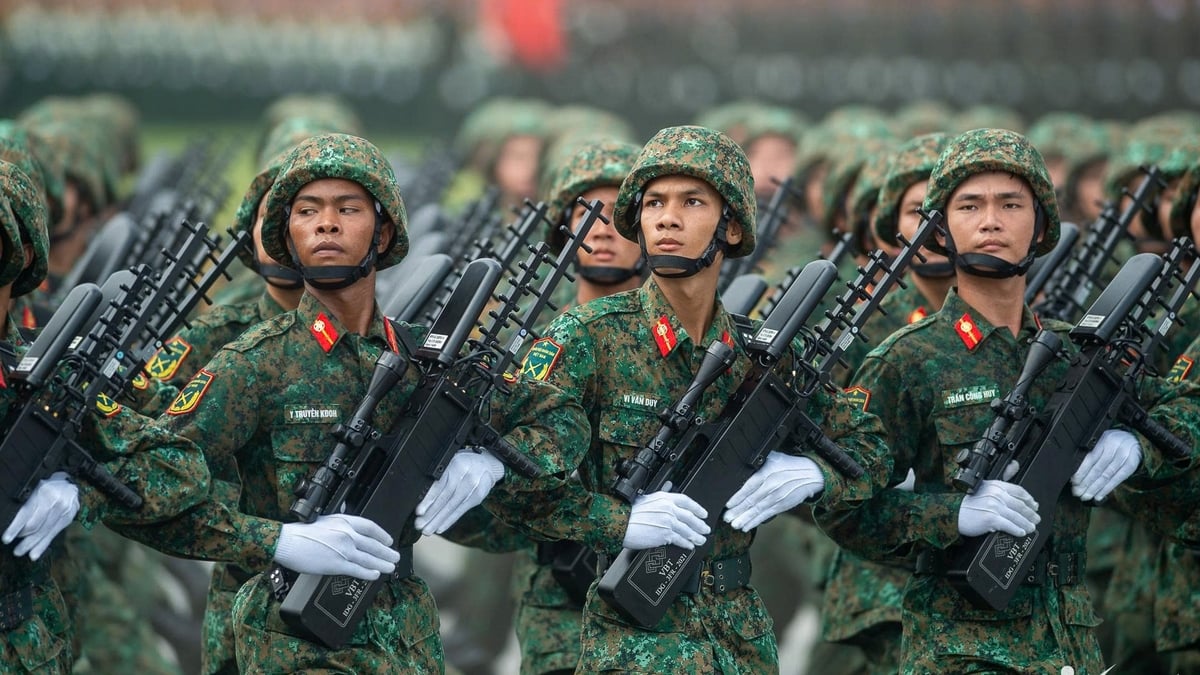

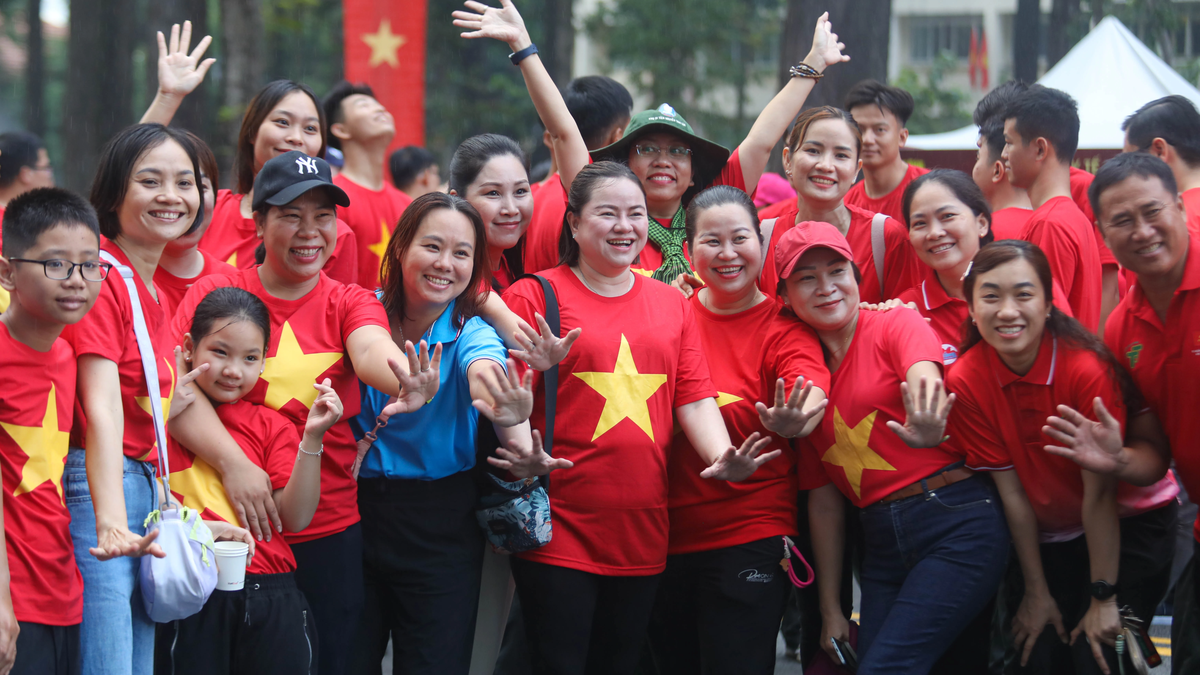
![[Photo] National Assembly Chairman Tran Thanh Man attends the program "Returning to the source - Towards the future"](https://vphoto.vietnam.vn/thumb/1200x675/vietnam/resource/IMAGE/2025/8/16/d081d9c162ee4ed9919e723aa322a53a)

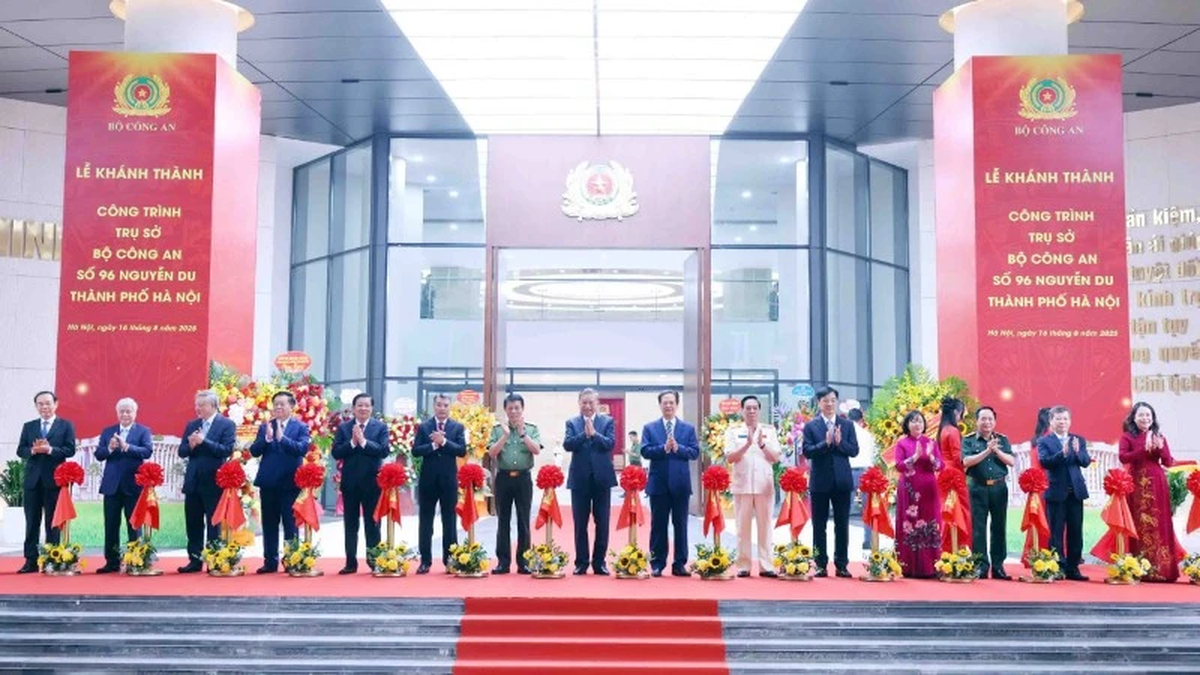

![[Photo] “Moving forward with Vietnam” on the most romantic road in Vietnam](https://vphoto.vietnam.vn/thumb/1200x675/vietnam/resource/IMAGE/2025/8/16/0ee500bc59fd4468863261ee26f47fe7)
![[Photo] General Secretary attends the inauguration ceremony of the Ministry of Public Security Headquarters](https://vphoto.vietnam.vn/thumb/1200x675/vietnam/resource/IMAGE/2025/8/16/3ceec3a24ef945c18ae2b523563b749d)


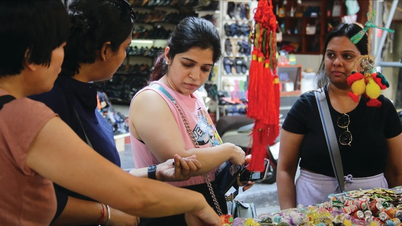



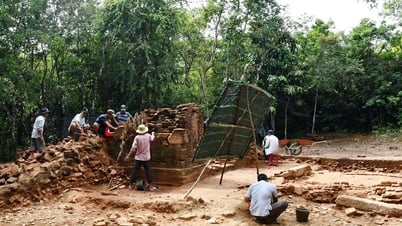

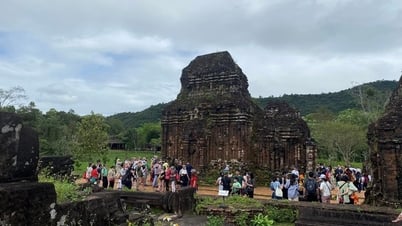




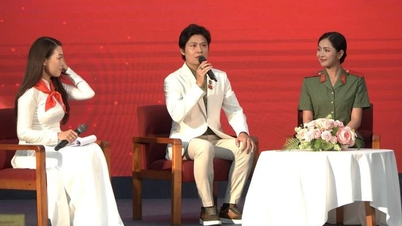

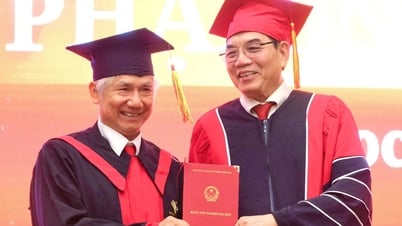

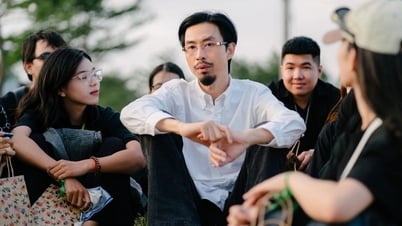
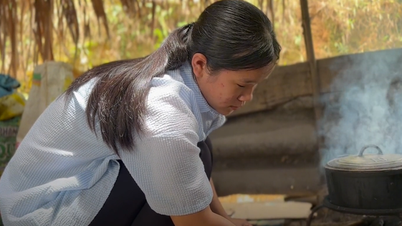

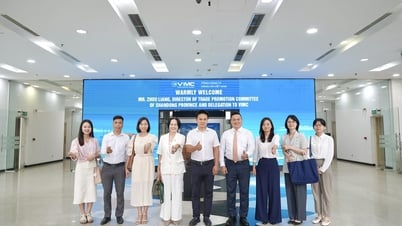

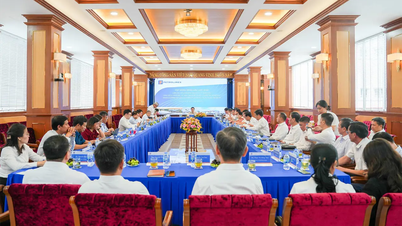

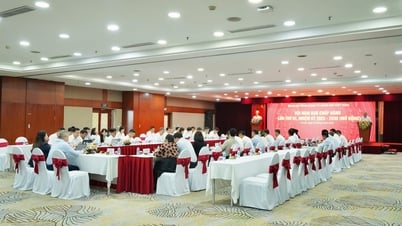


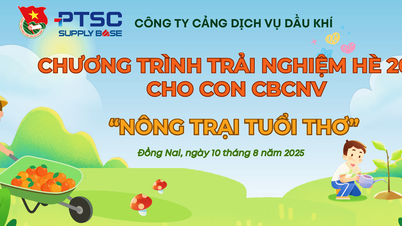





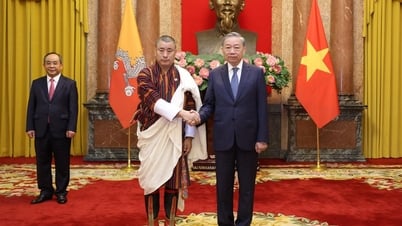
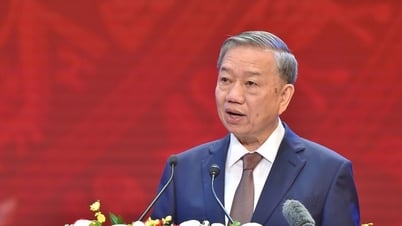



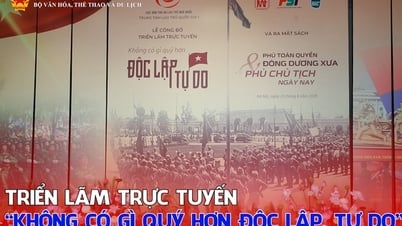

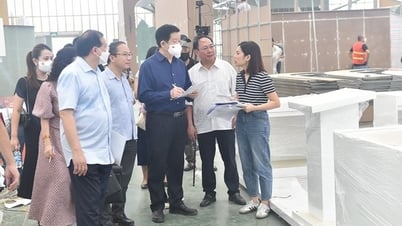

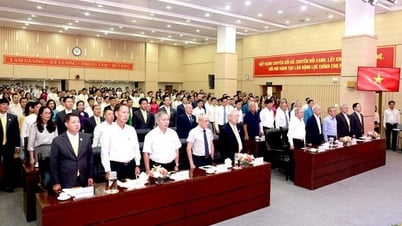





















Comment (0)